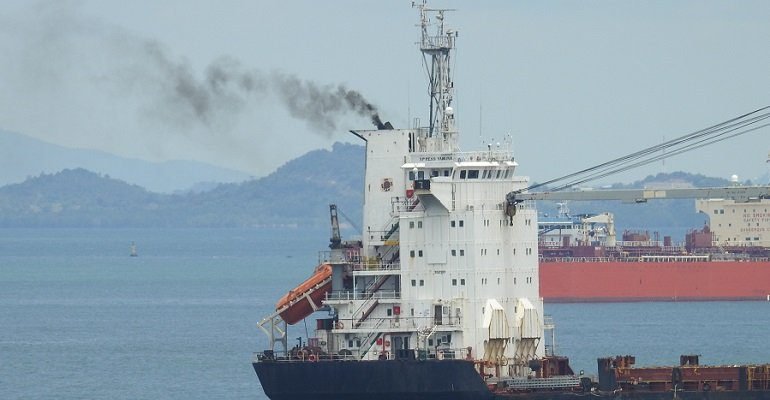The European Union’s Emissions Trading System (EU ETS) now includes regulations for the maritime industry, requiring owners, operators, and charterers to pay for their ships’ emissions. This is part of Europe’s ‘Fit for 55′ initiative, aimed at reducing greenhouse gas emissions by 55% by 2030. The EU ETS currently applies to cargo and passenger ships of 5,000 gt and above, with the first EU Allowances required to be surrendered in September 2025. Offshore vessels and general cargo ships between 400 gt and 5,000 gt will be included in 2025, with the first Allowances required in September 2026.
Vessels affected by the EU ETS will need to purchase EU Allowances equivalent to their greenhouse gas emissions while trading within the European Economic Area. The responsible party for managing the system at the company level is the organization or entity with responsibility for the operation of the vessel and related obligations under the ISM Code. The European Commission has published its first list of Administering Authorities (AA) in connection with the EU ETS, and shipping companies registered elsewhere must set up monitoring plans to track carbon dioxide emissions by April 1st.
The list of Administering Authorities will be updated every two years and identifies where shipowners must request a Maritime Operators Holding Account (MOHA). This account will be required for registering annual emissions and surrendering sufficient Allowances to cover their ships’ emissions. Initially, 40% of ships’ tank-to-wake carbon dioxide emissions must be matched with Allowances, but by 2027, this will rise to 100% and will also include methane and nitrous oxide emissions. Failure to surrender enough Allowances will result in penalties and an EU Allowance debt.







